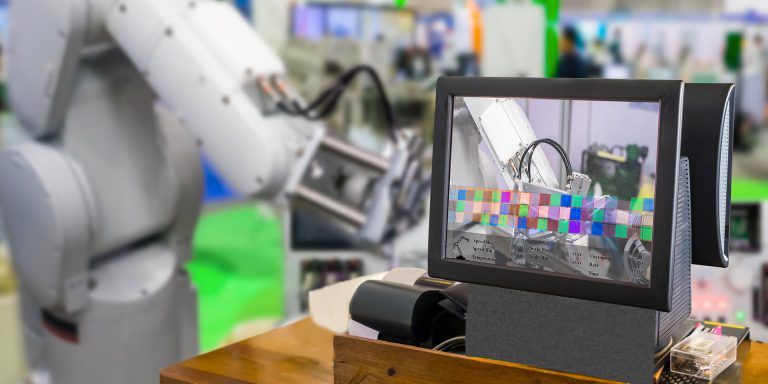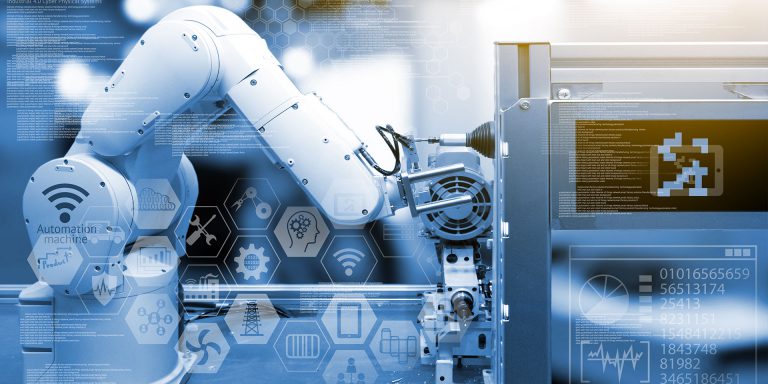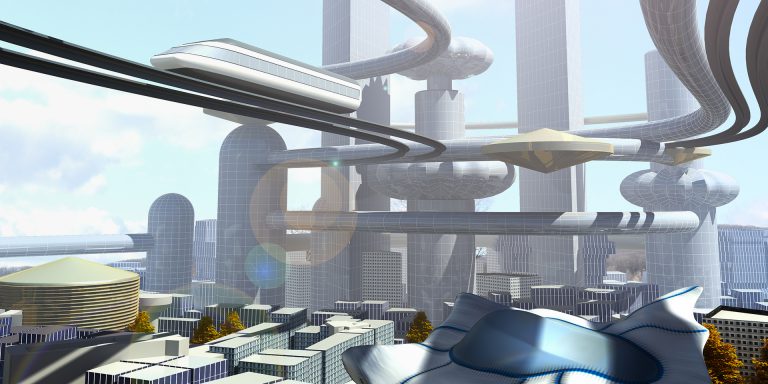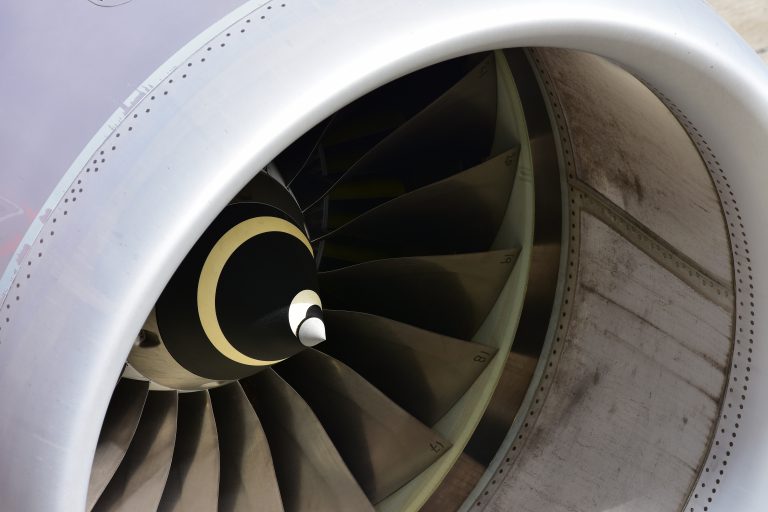Industry 4.0: Why the aeronautical industry must reinvent itself ?
A victim of its success, the pressure on aeronautical production just keeps increasing, fuelled by an increasingly large surge in the number of planes to be delivered. Transitioning to Industry 4.0 appears to be the best solution to increase factory productivity.
The aeronautics sector is really flourishing, transported by a continuous increase in global passenger traffic. In 2016, 3.8 billion passengers used a plane. This figure is expected to double in the next 20 years.
To welcome this new rush of travellers, airline companies need to increase their fleet and builders, the speed of their factories. 10% growth is therefore expected in aircraft production per year. And how does one rise to this challenge? For Pascal Brier, Executive Vice President, Strategy & Innovation, the solution has already been mapped out: it is time to transition to the factory of the future.
A major challenge: Increase factory performance
The two main aeronautical suppliers, European Airbus and American Boeing have a full dance card for the next decade. So much so that in France, aeronautics is the number one revenue-creating export industry. But this success has unexpected consequences…
“Contrary to motor vehicles, aeronautics has not always been involved in mass production”
Pascal Brier, Executive Vice President, Strategy & Innovation
Builders today face a paradoxical challenge: the increase in orders is putting pressure on their production capacities. There is real performance pressure. “Contrary to motor vehicles, aeronautics has not always been involved in mass production. It therefore does not yet enjoy the same automation or industrial maturity,” says Pascal Brier. Beyond multiplying the number of their factories, builders must find a way of making them more effective. All of this in a tense context, with the arrival of international competition, particularly Chinese.
The aeronautical industry is organized into a system: the large builders order their engines at an equipment manufacturer, their screws somewhere else, and collaborate with an entire web of sub-contractors. The delivery pressure therefore has implications for the entire supply chain, and mainly for the smallest companies. To get ahead of the increase of production, networks have gotten into the habit of constituting buffer stocks. Logic that is not sustainable according to Pascal Brier. “This equation is costly and above all, dangerous: the slightest situation change can put the factory into technical unemployment if the stocks are no longer being disposed of for one reason or another.”
"We have to disrupt productivity. It’s not about working harder, but about organizing differently and using new means of production."
Pascal Brier, Executive Vice President, Strategy & Innovation
Re-examining production technologies: the indispensable transition to Industry 4.0
Pascal Brier affirms it: this pressure on the production chain cannot be resolved simply by an incremental increase. “We have to disrupt productivity. It’s not about working harder, but about organizing differently and using new means of production.”
It’s all the principle of the factory of the future: set up a new mode of organization of the means of production through new digital technologies, software, and materials. It’s about using connected tools, Big Data, virtual reality, additive manufacturing, to make factories smart and engage in smart manufacturing or “intelligent production”. Industry 4.0 could thereby facilitate the stepping up of factories’ pace in increasing the operational effectiveness and flexibility of the entire production chain.
An idea that is slowly gaining traction…According to a 2015 Forbes study, 50% of aeronautical manufacturers affirm that the only way for them to generate growth in the years to come is to rethink their production technologies.
“We are facing a concrete issue: each one of the great aircraft manufacturers has close to 9,000 planes to deliver in the next 10 years and needs to up the pace of their production by 30 to 40%. Industry 4.0 is not fashion. It’s a viable industrial response to an economic problem,” states Pascal Brier.
Discover in this article how Industry 4.0 can rethink the aeronautics production model.
Pascal Brier is the Altran Group’s Executive Vice President, Strategy & Innovation. Among other things, he is in charge of the Group’s World Class Centers including the one dedicated to Advanced Manufacturing (Industry 4.0, smart manufacturing). It is the global centre of expertise established by Altran to offer its clients the best options for implementation of Industry 4.0 in their sectors.








